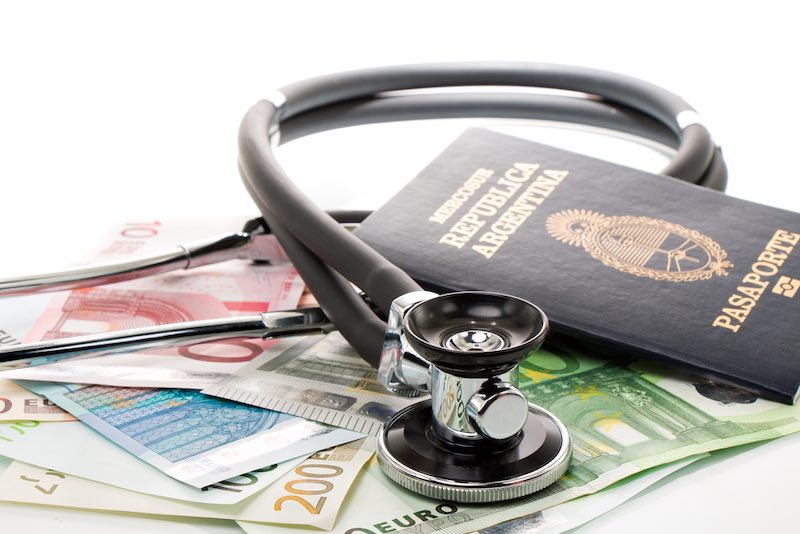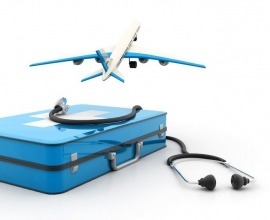How Medical Tourism Contributes to the Economic Growth of a Country
Medical tourism is defined as “the process of traveling to another country for the purpose of receiving medical care.” The reason why the word “tourism” is included in the name is because patients often stay in their foreign country of choice after their medical procedures to take advantage of touristic activities such as sightseeing, day trips or traveling around the country.
According to a report published by Grand View Research, a company specializing in customized research reports and consulting services for 46 different industries across 25 major countries globally, the global medical tourism market valued at USD 26.9 billion in 2018 and is expected to grow at a rate of 21.9% over the next few years. If such forecast proves true, by 2026, the global medical tourism market should reach USD 179.6 billion by 2026.

Countries and governments are eager to foster and encourage their local medical tourism markets because it generates direct foreign exchange income and aids the growth and development of numerous economies such as the pharmaceutical, medical devices, and tourism industries. Investing in these local economies have proven beneficial as it helped increase employment and business opportunities in the country.
A second reason why countries and government are investing in the medical tourism market is that it contributes to the improvement and advancement of local public transport systems and water supply facilities. Bettering such infrastructure not only attracts medical and sightseeing tourists alike but also improves the quality of life for local residents of the country.
A third reason why governments are willing to fund the medical tourism market is because it has encouraged investments into state-of-the-art medical facilities in many developing countries, resulting in improved healthcare facilities. This has led to a win-win situation where local citizens of the country as well as medical tourists get to reap the benefits of advanced and enhanced medical infrastructure; and many healthcare providers have capitalized on this by offering packages such as ticket and accommodation booking and providing medical insurance.
In conclusion, the medical tourism market shows no signs of becoming stagnant or even decreasing due to its numerous benefits for not only the medical tourists but to a country’s local economy. Governments are willing to invest in this rapidly growing industry as it promotes the development of local infrastructure such as public transport systems and water supply facilities; encourages the growth of local economies related to the medial and tourism industry, thus increasing job and business opportunities; and improves the current healthcare facilities, which benefits not only medical tourists by local citizens as well.














